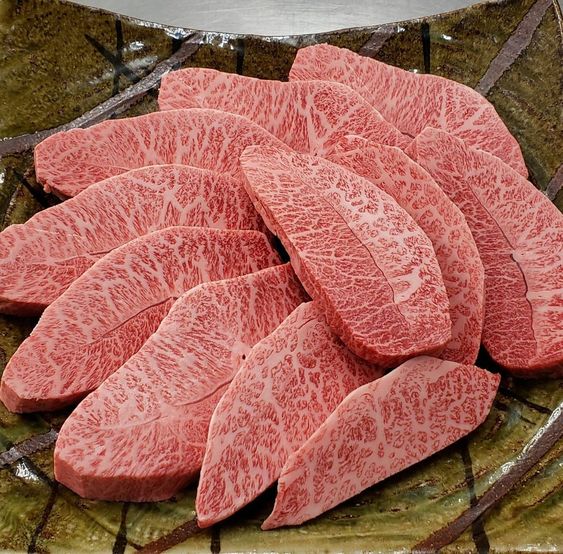
The keto diet, short for ketogenic diet, is a low-carb, high-fat diet that has gained popularity in recent years. The goal of the keto diet is to put your body into a metabolic state called ketosis, where it burns fat for energy instead of carbohydrates. This type of diet can be effective for weight loss and may also have other health benefits.
The keto diet is based on the principle of reducing carbohydrate intake and increasing fat intake. This puts your body in a state of ketosis, where it starts to burn fat for energy instead of carbohydrates. This can lead to rapid weight loss, as your body uses stored fat for energy.
One of the main benefits of the keto diet is that it can be very effective for weight loss. Since you are reducing your intake of carbohydrates, you are also reducing your intake of calories. This can lead to rapid weight loss, which can be very motivating for some people.
In addition to weight loss, the keto diet may also have other health benefits. It has been shown to help reduce insulin levels and improve blood sugar control in people with type 2 diabetes. It may also have benefits for people with epilepsy, as it can help reduce the frequency of seizures.
An example of a meal on the keto diet would be a grilled chicken breast with a side of roasted vegetables and avocado. This meal would be high in protein and healthy fats, and low in carbohydrates. It would help keep you feeling full and energized, while also supporting ketosis and weight loss.
However, there are also some risks associated with the keto diet. One of the main concerns is that it can be very low in fiber. Since you are reducing your intake of carbohydrates, you may also be reducing your intake of fiber-rich foods such as fruits, vegetables, and whole grains. This can lead to constipation, digestive issues, and other health problems.
Another concern with the keto diet is that it can be high in saturated fat and cholesterol. Consuming too much of these types of fats can increase your risk of heart disease, stroke, and other health problems.
It is also important to note that the keto diet is not suitable for everyone. People with certain health conditions such as kidney disease or gout may need to avoid this type of diet. Additionally, it can be difficult to follow the keto diet long-term, as it can be challenging to maintain ketosis and get all of the nutrients your body needs from just high-fat foods.
Thus, the keto diet is a low-carb, high-fat diet that can be effective for weight loss and may also have other health benefits. However, it is important to be aware of the risks and potential drawbacks. If you are considering adopting the keto diet, it is important to speak with a healthcare provider first to ensure that it is safe for you to do so.

